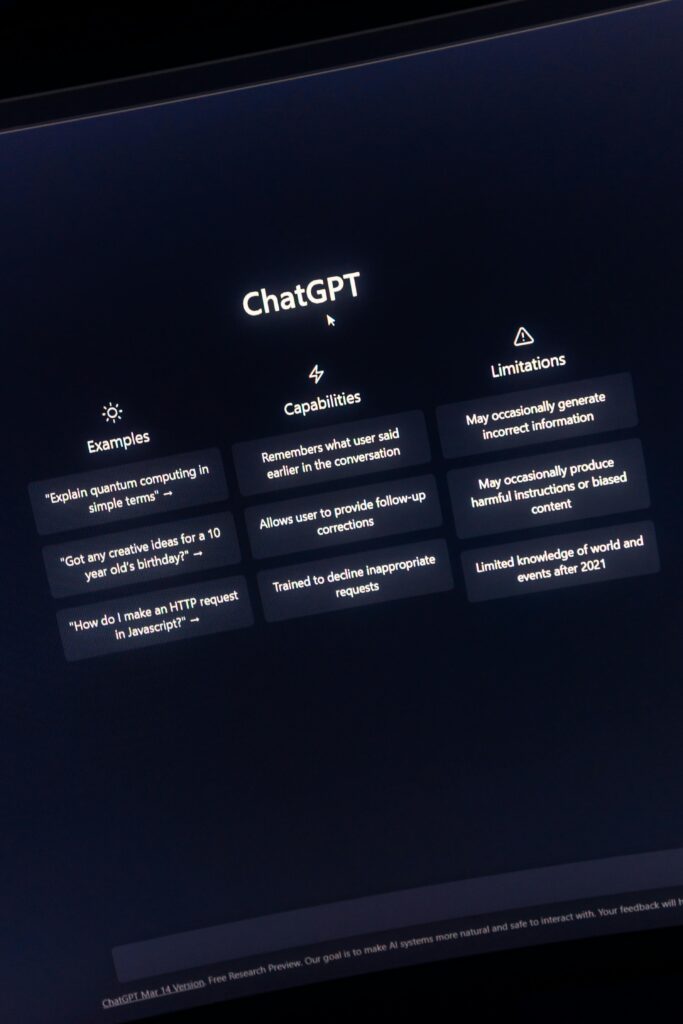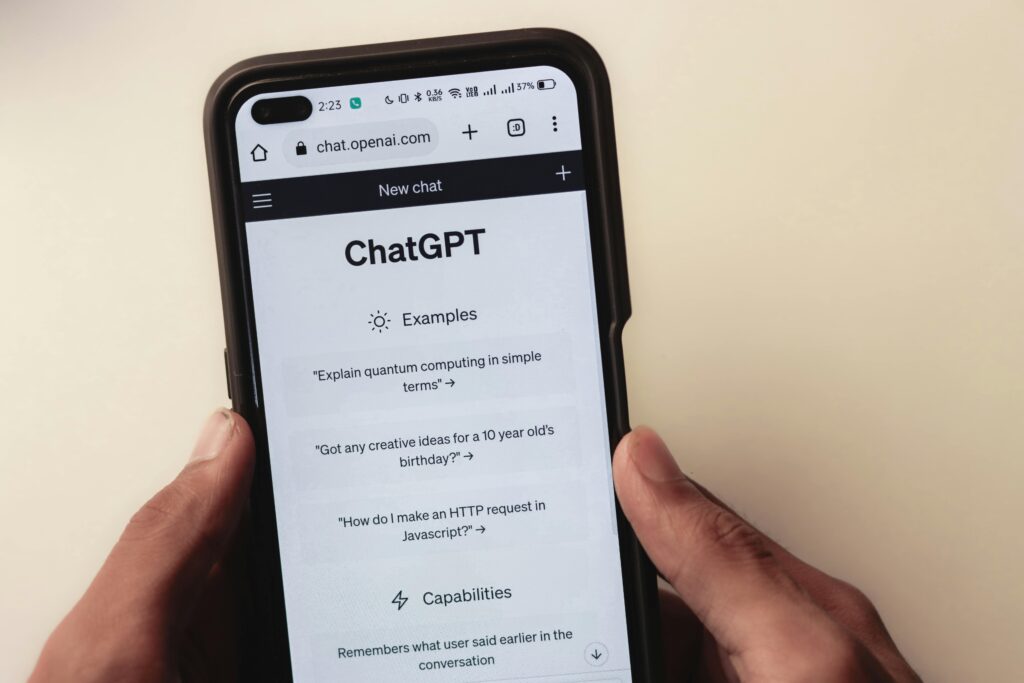
Using Data to Improve Your Online Course
When enhancing an online course you’ve previously taught or developed, your experience becomes a valuable asset. You know the student population, have learned from their feedback, and likely picked up

When enhancing an online course you’ve previously taught or developed, your experience becomes a valuable asset. You know the student population, have learned from their feedback, and likely picked up

Build a foundation for assessment ideation with AI using the 3Ps of Quality Prompting. Then, take your AI assessment brainstorm to the next level with these tips for prompting! Prep:

Assessment plays a vital role in online learning. It helps students track their progress, pinpoint strengths and areas for improvement, and ultimately ensures they meet the course’s learning objectives. Although

Generative Artificial Intelligence (AI) can provide faculty with an additional partner to ideate and brainstorm new and innovative authentic assessments in their online courses. These types of assessments engage students

New technologies require greater attention to course design than ever before. As a result, strong, well-designed course interactions are the necessary response from educators. When students tap into their strengths and

AI can provide incredible opportunities for faculty hoping to improve their online courses quickly. To use AI effectively, all faculty should familiarize themselves with the concept of prompt engineering. Prompt

The past decade of online teaching has showed each of us how quickly we must evolve to meet the needs of new technologies and rise rapidly to new challenges. One

Spotting Misalignment in Assessments Misalignment occurs when assessments, learning objectives, or instruction are not working cohesively. It’s crucial to align formative assessments (checkpoints during learning) with summative assessments (final evaluations)

Instruction is the heart of any educational journey. While learning objectives outline what students should achieve and assessments track their progress, instructional materials guides students on that path. In an

Background: Located in Campbellsville, Kentucky, Campbellsville University is a Baptist institution that offers a wide range of undergraduate, masters and doctoral programs to students. Open to all denominations and with

Teaching online classes can sometimes feel overwhelming due to the numerous tasks required to engage with students and manage your responsibilities effectively. Here are some quick tips for time management

Textbook publishers often provide useful materials like slide decks, test banks, and interactive content that can be a great help when building your online course. These materials can be a
Creating and maintaining quality online courses can feel overwhelming especially when you are juggling work demands, deadlines, and student requests.
Online learners today have unprecedented access to information. With AI tutors, YouTube explainers, and massive open courses just a click
What We’re Reading & Watching Conferences Articles Artificial Intelligence Ed Tech Podcasts Reports Webinars Conferences NAFSA 2025 Annual Conference &
Designing effective online courses require more than just content expertise—it calls for intentional strategies that foster engagement, relevance, accessibility, and
Video content has become essential for engaging students, however, not all educational videos are created equal. Research consistently shows that
Live online course design and delivery webinars hosted by the Academic Services and Products team
Developed by Risepoint, Faculty eCommons (FeC) is a social learning ecosystem for faculty across the world to work together to improve online education. FeC contains resources specifically tailored to help online instructors and is maintained by the Academic Services and Products team at Risepoint.
The information provided on Faculty eCommons, including links to third-party websites, does not, and is not intended to, constitute legal advice; instead, all information, content, and materials on this website are for general informational purposes only.
Risepoint
700 North Pearl Street, Suite 600
Dallas, TX 75201
855-593-6050